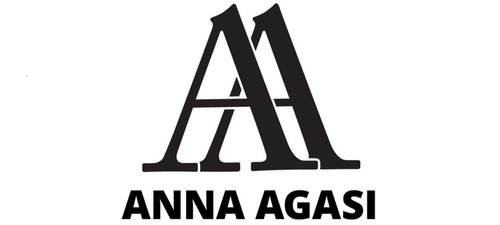Much like every industry, real-estate has its own set of jargons. Terms like appraisals and dual agency might sound a confusing verbal marmalade for people who are unfamiliar or new to this area.
However, to make sure that these technical terms do not appear overwhelming, I have come up with a list of some common and not-so-common terms used in the world of Real Estate. If you are a home seller or buyer, an aspiring Real Estate agent, or just someone interested in learning more about the industry, you can use this blog as a handy glossary.
- Acceleration Clause:
This term, also referred to as acceleration convent, is defined as a contract provision that states that borrower will have to repay the entire outstanding loan to their lender in case the former is unable to meet certain requirements (which the lender will outline).
- Active Contingent/Condition Clause’s:
The offer that a seller accepts from the buyer will be contingent on the purchaser’s ability to fulfill certain requirements before the sale finalization. Examples of contingencies include:
- The buyer being able to sell their home.
- The buyer receiving approval of their mortgage.
- An agreement regarding home inspection.
- Addendum:
If either party wishes to alter the current contract, they can include an addendum indicating the specific part or section of the contract that they want adjusted and the extent of the change. The remainder of the contract will remain unchanged, despite the inclusion of the addendum.
- Appraisal:
An appraisal is an impartial estimate of a house’s market worth. When a person applies for a mortgage, the lender will require an appraisal from an independent appraiser to determine if the loan amount requested checks out with the value of the house. If the buyer has made an offer below the market value of the house, the lender might ask the buyer to pay the cost difference.
- Appreciation:
Appreciation is the increase in home value that occurs over time. To calculate the probable appreciation rate of the house, take the annual appreciation rate, add one to it, and raise this amount to the power of the number of years you are looking to estimate. The answer will then have to be multiplied by the property’s present value.
- Assessed Value:
This assessment helps in figuring out the property taxes that the owner will be paying. An assessor will assess your house and consider the value of comparable homes within the region, and come up with a value estimate for your home.
- Assignment:
This is when the property seller assigns all the obligations and rights to the property buyer, prior to closing.
- Assumable Mortgage:
This can be defined as the seller transferring the entire mortgage terms and conditions over to the buyer. In other words, the buyer receives the seller’s remaining debt and does not take out a separate mortgage.
- Balloon Mortgage:
As opposed to conventional fixed-rate loans where the borrower returns the amount in instalments, a balloon mortgage requires the entire payment to be made in a lump sum. A balloon mortgage does not require any collateral, is generally issued for shorter terms, and commonly used in construction or investment projects.
- Bridge Loan:
This is a short-term loan taken by homeowners where they put up their property as collateral. A bridge loan is usually taken to purchase another property with terms.
- Buyer Agent:
As the term suggests, the buyer agent will be representing the home buyer throughout the buying process. The buyer agent’s counterpart is the listing agent, that is, the representative of the home seller.
- Chain of Title:
A chain of title documents the entire ownership history of a property. It starts from the initial owner of the house right down to the current owner.
- Clear Title:
Also referred to as ‘free and clear title’, ‘good title’, and ‘just title’, this kind of title is one that is free of levy or lien from creditors. In other words, the property’s legal ownership is beyond question (for instance, it does not violate any building codes or has any poor surveys).
- Closing:
This is the meeting held to finalize the property sale. At this meeting, both parties will sign the documents, and the buyer will make the down payment and pay the closing costs.
- Closing Costs:
The closing costs will usually fall somewhere between 5% or more of the purchase price of the property. As previously mentioned, the closing costs amount is to be paid on the closing date.
- Co-Borrower:
If a purchaser is finding it hard to obtain a loan approval, they can turn to a co-borrower. The co-borrower is usually someone from the buyer’s family or friend-circle, and will contribute to the mortgage and guarantee the loan. This person will possess ownership interest, have their name on the title, will sign mortgage documents, and will have to make the monthly payments on the buyer’s behalf should they fail to do so.
- Commission:
A commission for Real Estate is generally around 5% (but can vary) of the property’s selling price. The seller will pay the commission amount on the closing date, and this will be divided between the seller’s and buyer’s agents.
Final Word:
I hope that this list of terminologies will enable you to better understand the Real Estate World and how it works. If you are looking to buy or sell your first home and need assistance in that regard, please feel free to reach out to me.




